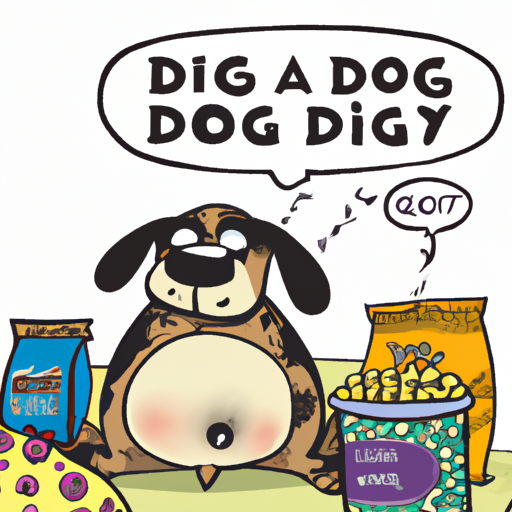You love your dog, but you may not love the smells they emit. If your furry friend is a bit gassy, you might be wondering what exactly is causing this and how you can help. Let’s take a deep breath and dive into what gives dogs gas.
H2: Understanding Dog’s Digestive System
Your dog’s digestive system isn’t all that different from yours. Like you, they need a balance of proteins, carbohydrates, and fats to keep their bodies running smoothly. But when something disrupts this balance, gas can build up.
This gas is the result of bacteria in the dog’s intestines breaking down food. As the bacteria feast on the nutrients, they produce gases like methane, hydrogen, and carbon dioxide, leading to those notorious dog farts.
H2: Common Foods That Cause Gas in Dogs
Sometimes, the culprit behind your dog’s gas is the food they’re eating. Certain foods are known to cause gas in dogs, including:
- Dairy products
- Beans and legumes
- High-fat foods
- Spicy foods
- Certain vegetables like broccoli, cauliflower, and cabbage.
However, it’s not just what they eat but how they eat that can cause gas. Dogs that eat too fast or gulp their food are swallowing air, which can lead to gas.
| Foods | Cause Gas |
|---|---|
| Dairy | Yes |
| Beans | Yes |
| High Fat Foods | Yes |
| Spicy Foods | Yes |
H2: Other Factors That Contribute to Gas in Dogs
While diet is a significant factor, other issues can contribute to your dog’s gas problem:
- Health issues: Certain health problems, such as pancreatitis, inflammatory bowel disease, or parasites, can cause gas in dogs.
- Stress: Just like in humans, stress can disrupt a dog’s digestive system, leading to gas.
- Old age: As dogs age, their digestive systems can become less efficient, leading to increased gas.
H2: How To Reduce Gas in Dogs
Now that you know what might be causing your dog’s gas, let’s talk about what you can do to help. Here are some tips:
- Change their diet: If certain foods are causing your dog’s gas, consider changing their diet. Speak with your vet about the best options.
- Slow down meal times: If your dog is a fast eater, try using a slow feeder bowl.
- Regular exercise: Regular walks and playtime can help keep your dog’s digestive system running smoothly.
- Regular vet check-ups: Regular vet check-ups can help identify any underlying health issues causing your dog’s gas.
H2: Frequently Asked Questions
Q: Can certain dog breeds be more prone to gas?
A: Yes, some breeds, like Boxers and Bulldogs, are known to be more gassy due to their body structure.
Q: Can dog gas be a sign of a serious health issue?
A: While occasional gas is normal, excessive gas can sometimes be a sign of a more serious digestive issue. If you’re concerned, it’s best to consult with your vet.
Q: Can I give my dog over-the-counter medication for gas?
A: It’s not recommended to give your dog any medication without consulting with a vet. There may be dog-safe options available, but always check first.
In conclusion, while a gassy dog might not be the most pleasant companion, understanding what causes this condition can help you make adjustments that will make both you and your furry friend more comfortable. Remember, when in doubt, always consult with a vet.



